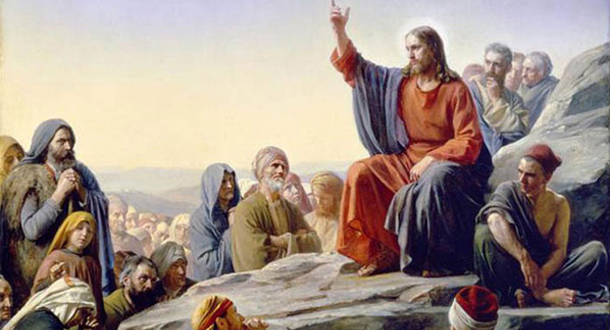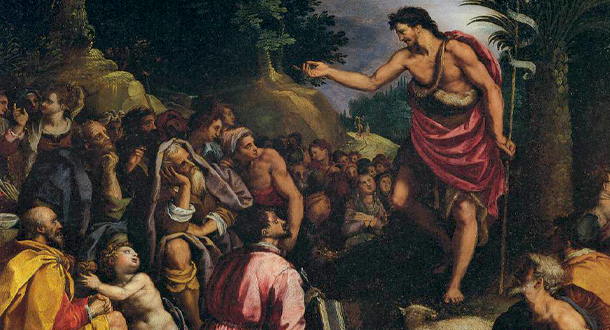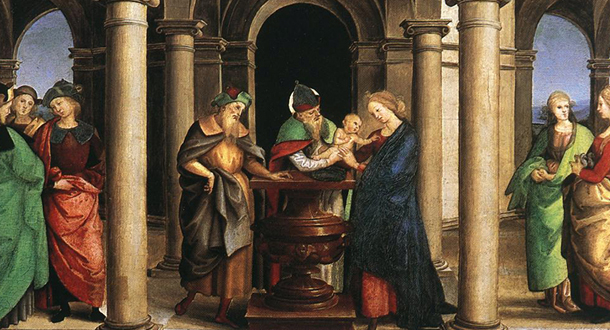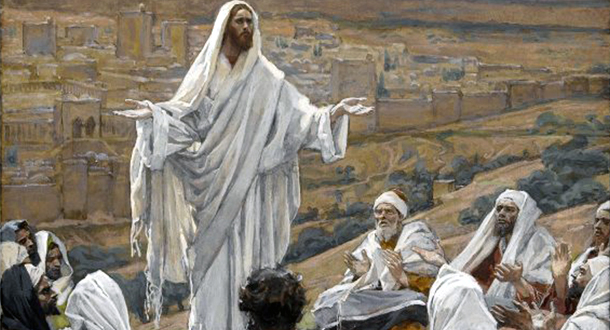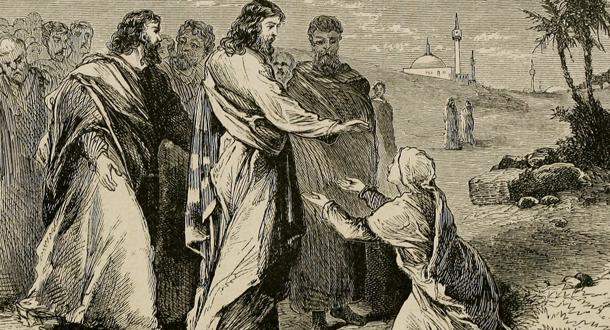
Scripture:
Genesis 2:4b-9, 15-17
Mark 7:14-23
Reflection:
In the time of Jesus, one of the preoccupations amongst the doctors of the law was that of ‘cleanliness’ or more so ‘uncleanliness’. There seemed morbid fascination with how many ways one could be (or be made to be)” unclean”. Often the most natural and of bodily functions could render a person unclean, or living with an illness or diseases could have the same effect. Indeed there were many ritual ways to be unclean – and uncleanliness meant a person could not participate in many aspects of social or religious life.
Jesus sees beyond and through all such teachings. He redefines ‘uncleanliness’ and moves the discussion away from mere external or accidental causes and instead focuses on the inner life of a person. As always, Jesus looks to the heart, to the inner motivation of a person and does not make judgements based on appearances or external factors in isolation.
Today’s teaching is much like a similar one where Jesus alerts his followers to the fact that one can judge the intentions or aims of a person, not by what they claim but ‘by their fruits’.
In this text today however, Jesus speaks of the opposite dimension of this same reality. That is, it is not what a person eats, hears or is influenced by that makes he or she ‘unclean’. He stresses quite clearly that while we all are affected by what happens to us, by the information we take in, by the experiences we endure – the real factor in determining whether what we do or say is good or not good is to be found in our inner disposition or intentions.
Goodness emerges from a person – from within. It is not a product of what is absorbed in the sense that external forces and concerns do not make a person ‘unclean’ or necessarily good. We choose between these poles and this is a constant throughout life.
And notice too, Jesus does not concern himself (nor does he allow people to be distracted by or satisfied by any suggestion that sin or evil arises from minor or petty issues e.g. like the failure to wash one’s hands before eating). No, Jesus speaks of sin having its origins in deeper realities – those attitudes and tendencies that we choose to follow – that reside in our hearts and that can do great harm to others or to ourselves.
In some ways Jesus could not be more clear, “From within the man, from his heart, come evil thoughts, unchastity, theft, murder, adultery, greed, malice, deceit, licentiousness, envy, blasphemy, arrogance, folly. All these evils come from within and they defile.”
To act in such ways is so foreign to God’s plan for us, and runs in the face of God’s vision for us. Jesus sees people much as they were created – as the image and likeness of God and as God’s precious creation. ” the LORD God formed man out of the clay of the ground and blew into his nostrils the breath of life, and so man became a living being.”
God’s plan for us is a life lived in the midst of a ‘delightful’ creation; a life lived in an open and trustful relationship to God. This is life; this is our original gift – our default position. Jesus encourages his audience and us today to keep returning to this stance before God.
Our way home each and every day is to open our hearts to God’s healing and soothing love, to respond wholeheartedly to those moments of conversion offered to us.
Fr. Denis Travers, C.P., is a member of Holy Spirit Province, Australia.



